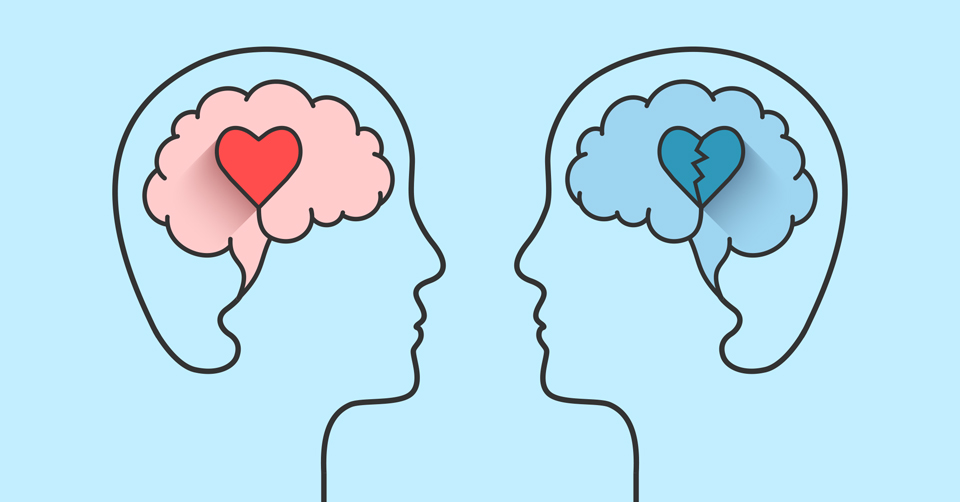Ruth Findlay talks about this year’s Stress Awareness month campaign and its theme is Community.
In case you didn’t know it, April is Stress Awareness Month.
Stress Awareness Month was established in 1992 and is held every April. Its purpose is to raise awareness of what causes stress and how you can combat it. Each year has a theme and, for 2022 it is Community.
This theme was chosen because lack of support can lead to feelings of loneliness and isolation. This is a situation many people may have found themselves experiencing over the last two years as we have had to reduce social contact because of the pandemic. And it hasn’t just affected our social life. The switch to home working has also meant that some people had little or no interaction with anyone outside of their household during this time, leaving them feeling very isolated and alone. The effects of this type of isolation cannot be underestimated as research suggests that loneliness is associated with an increased risk of depression, anxiety, low self-esteem, sleep problems and increased stress.
Why is this important? Studies have found that social isolation has a detrimental effect upon a person’s wellbeing which then puts them at risk of suffering mental and physical illnesses. Although we may all be individuals, we are not meant to live in isolation. Early humans lived in groups for safety as well as company. For Early Man, the pain of loneliness was a trigger to change behaviour as being alone was unsafe. Although we’re no longer at risk of being eaten by a predator when we’re alone, loneliness still presents a risk to our wellbeing.
What is community?
As humans, we are better off when we have contact with others and are part of a community. People think of a community as a group of people. But it’s much more than that. Being part of a community brings a sense of belonging and of being connected to others. It’s also about feeling part of something that offers you support and, hopefully, acceptance.
People who are more socially connected to family, friends or their community are happier, healthier and have longer lives than people who are less well connected. They will also suffer fewer mental health problems. No matter how deprived or affluent an area is, people living in neighbourhoods with higher levels of social cohesion have lower rates of mental health problems than those in neighbourhoods with lower cohesion.
As the Elizabethan poet, John Donne’s poem says:
‘No man is an island,
Entire of itself,
Every man is a piece of the continent,
A part of the main.
As he says, we can’t ignore the fact that we are all part of something bigger.
How to help yourself
Isolation can also be a symptom of stress, along with a host of other mental and physical symptoms which have affected larger numbers of people than ever over the past two years. Whether in a job or unemployed, stress has piled itself high on people. Extra workload caused by colleague absences, worries about the health of family members and friends, the rising costs of living have all played a part in making stress a part of our lives. So, it’s important to be able to recognise stress and to find ways to help ourselves and those around us – our community.
Taking a break, spending time with friends and family, eating healthily, taking exercise and getting outdoors are all ways to reduce stress. If you’d like to know more The Stress Management Society’s website has lots of information about recognising stress and how to protect yourself from its effects. You might also like to take part in its 30 Day Challenge to help you cope with stress.
The aim of the challenge is to help you adopt some behaviours that help people to cope better with stress. The Challenge asks you to choose one action to carry out each day to support you physically, mentally or emotionally and by the end of the month you should have learned lots of good habits to help you beat stress. There are also plenty of other resources such as a stress guide, a daily de-stressing planner and much more that will see you all the way through April.
One thing to bear in mind about feeling stressed or overwhelmed is, so many stressful things have been happening over the last two years that it’s hardly surprising that people may not be coping as well. And if you’re one of them, that’s OK. However, if you have been suffering from stress and feel unable to cope, please contact your GP for help.


